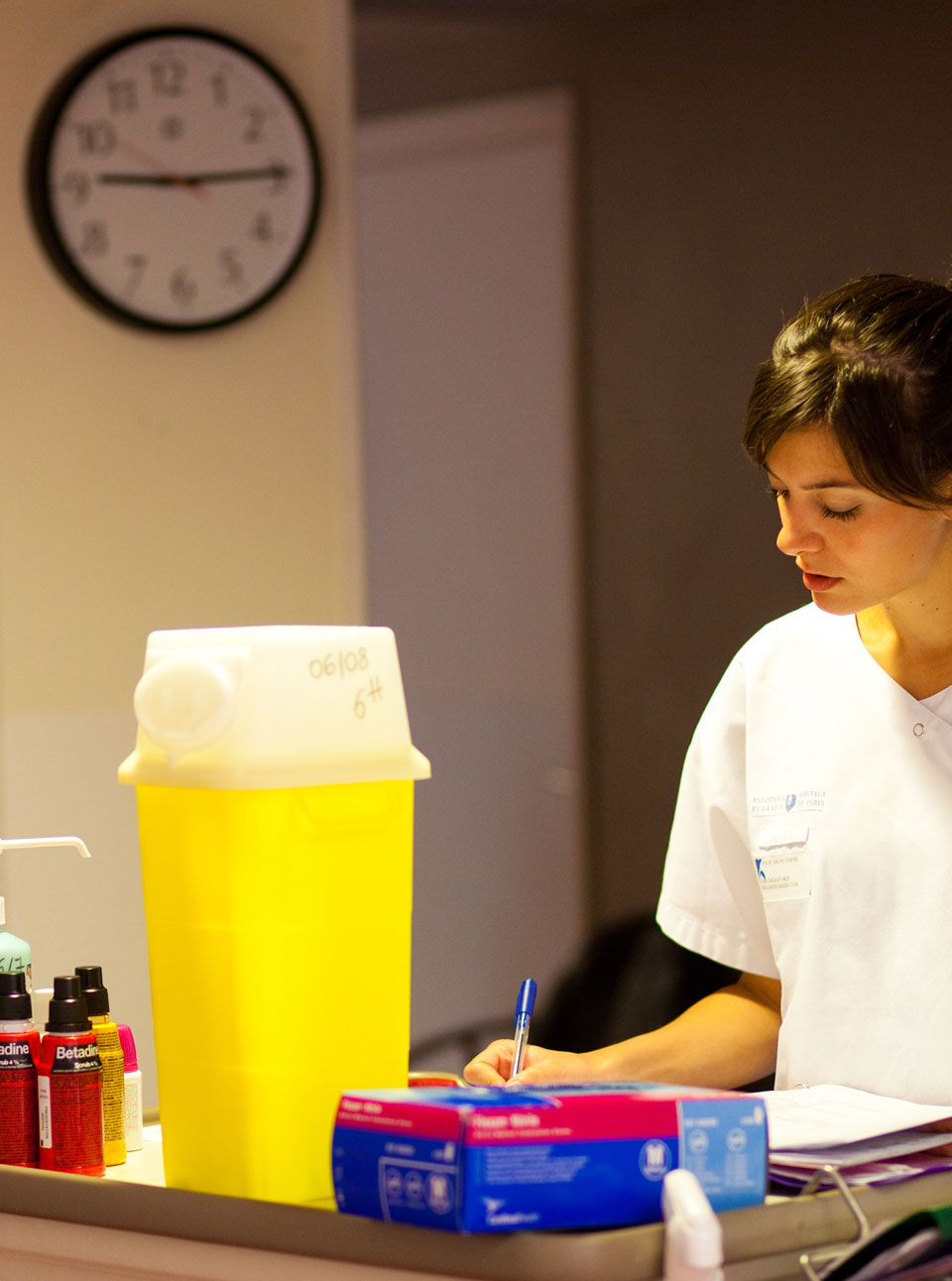Night Shifts Linked To Increased Risk Of Ovarian Cancer
US researchers find link between working night shifts and ovarian cancer risk

US researchers find link between working night shifts and ovarian cancer risk
Researchers in the US have found working night shifts could lead to an increased risk of ovarian cancer.
They looked at 3,000 women, with results suggesting working overnight could increase the risk of early-stage cancer by 49 per cent.
This could be down to disruption of the sleep hormone melatonin which could cause effects in terms of oestrogen regulation in the body, and follows an earlier link between night shifts and breast cancer.
The researchers looked at 1,101 women with advanced ovarian cancer, 389 with borderline or early disease and 1,832 women without the condition.
A quarter with advanced cancer said they had worked night shifts, compared with a third of those with borderline disease and one in five non-sufferers.
However, in the journal Occupational and Environmental Medicine the researchers said the results were most significant among women over the age of 50.
Study leader Dr Parveen Bhatti, from the Fred Hutchinson Cancer Research Center in Seattle, said more detailed work was needed to test out the risk factors involved.
'There are a lot of details about shift work that we weren't able to capture - things like permanent or rotating shifts.
'And we need to get more information on chronotype, that is whether you are a morning or evening person, and incorporate that into future studies.'
The leading destination for fashion, beauty, shopping and finger-on-the-pulse views on the latest issues. Marie Claire's travel content helps you delight in discovering new destinations around the globe, offering a unique – and sometimes unchartered – travel experience. From new hotel openings to the destinations tipped to take over our travel calendars, this iconic name has it covered.